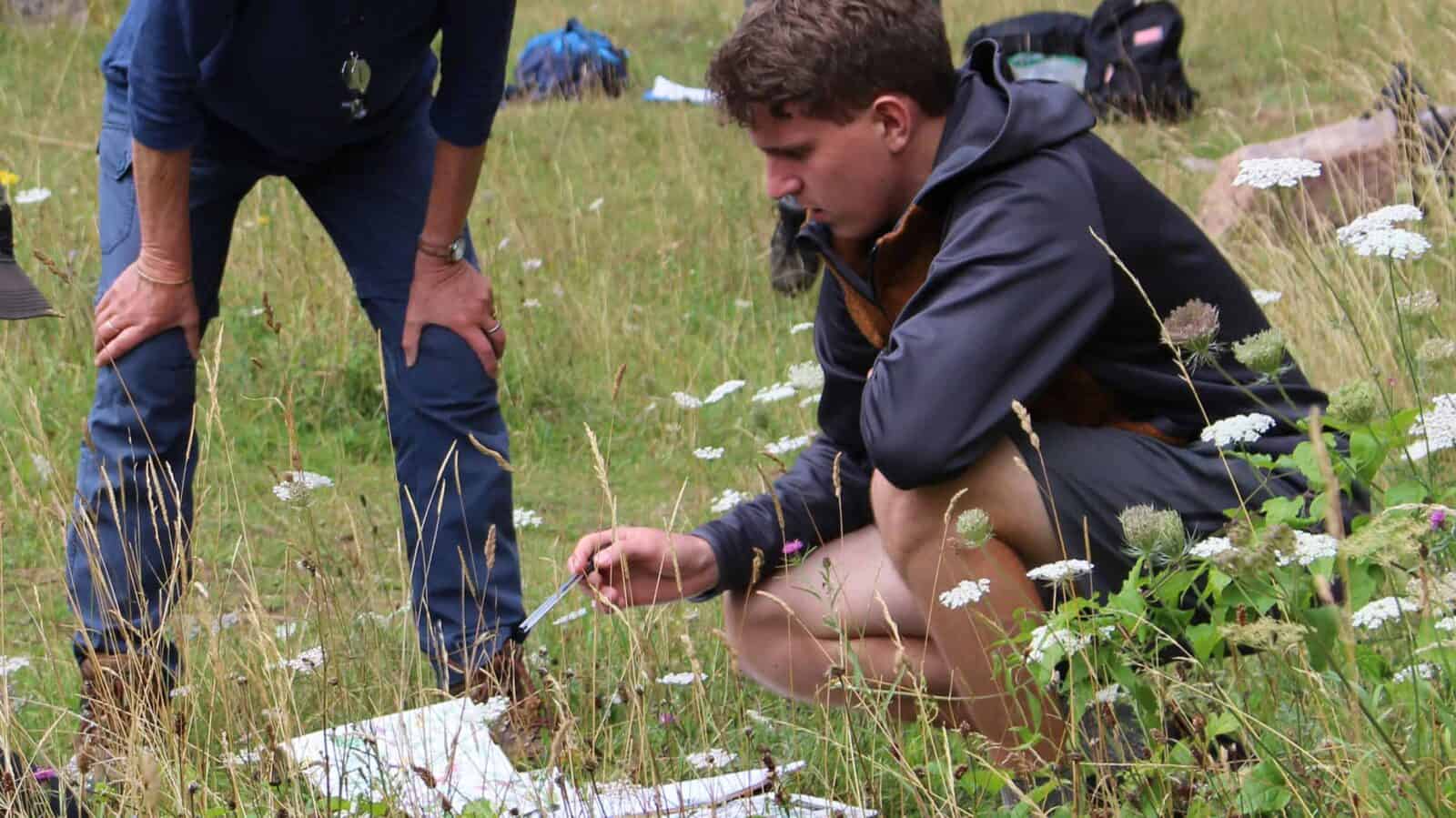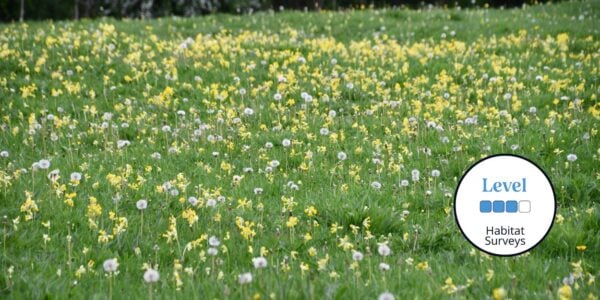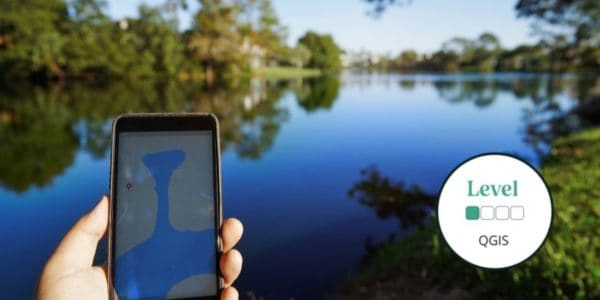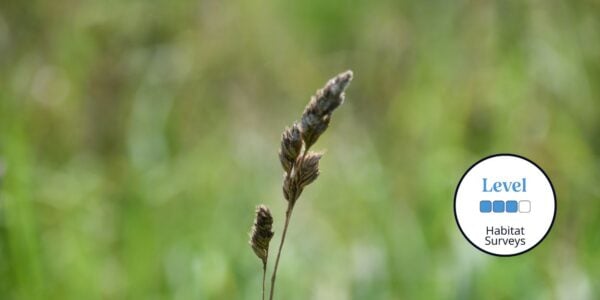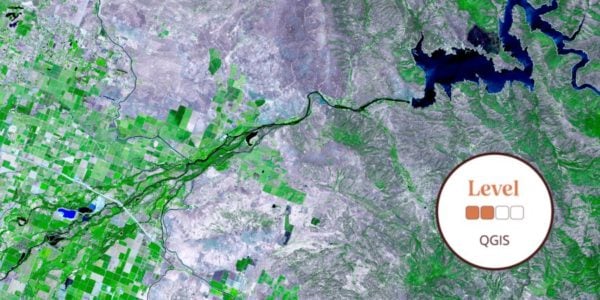This course is designed to give a theoretical and practical experience in botanical and habitat survey techniques available in the UK. You will learn how to select the appropriate methods for vegetation surveying and data collection in different habitats.
This course will include:
- Learning about different UK habitats and their conservation status
- An introduction to basic botanical skills to support habitat surveying
- Practical experience in the field looking at commonly encountered plant species indicative of grassland and woodland habitats
- Practical experience in the field of habitat surveying, coding and mapping methodologies demonstrated by an expert tutor
- A chance to meet fellow like-minded people from a range of different disciplines
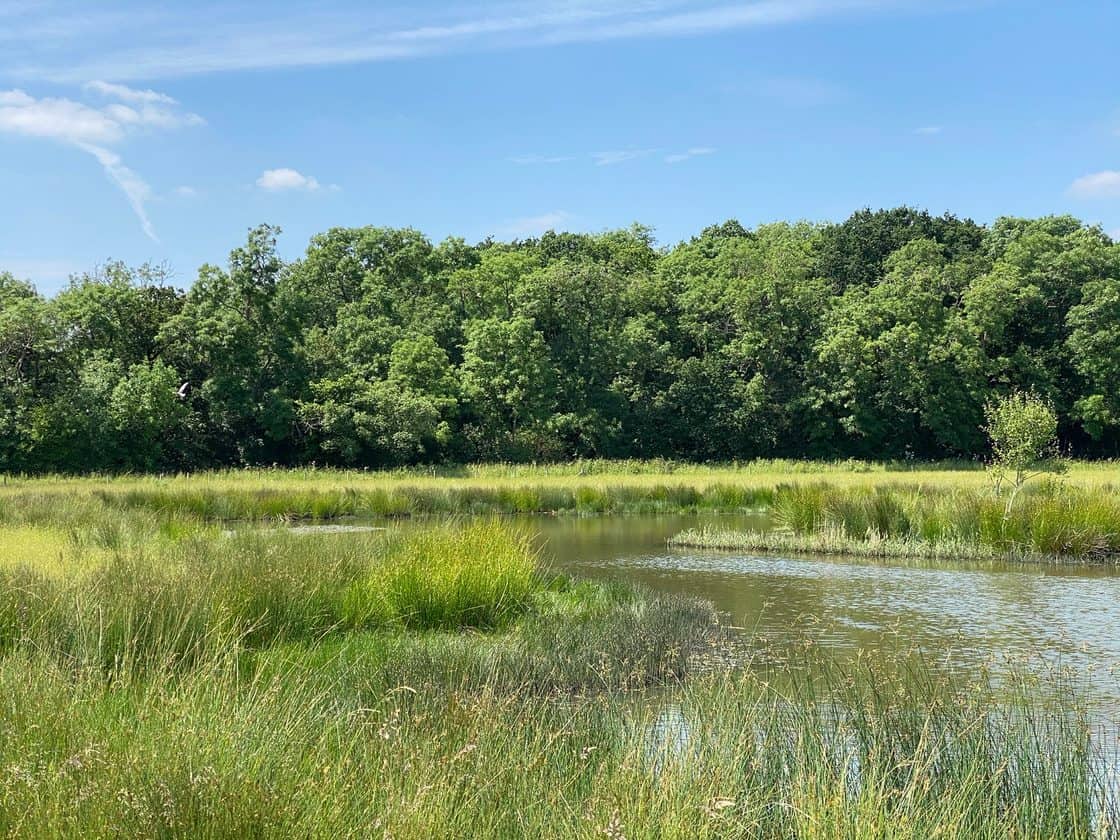
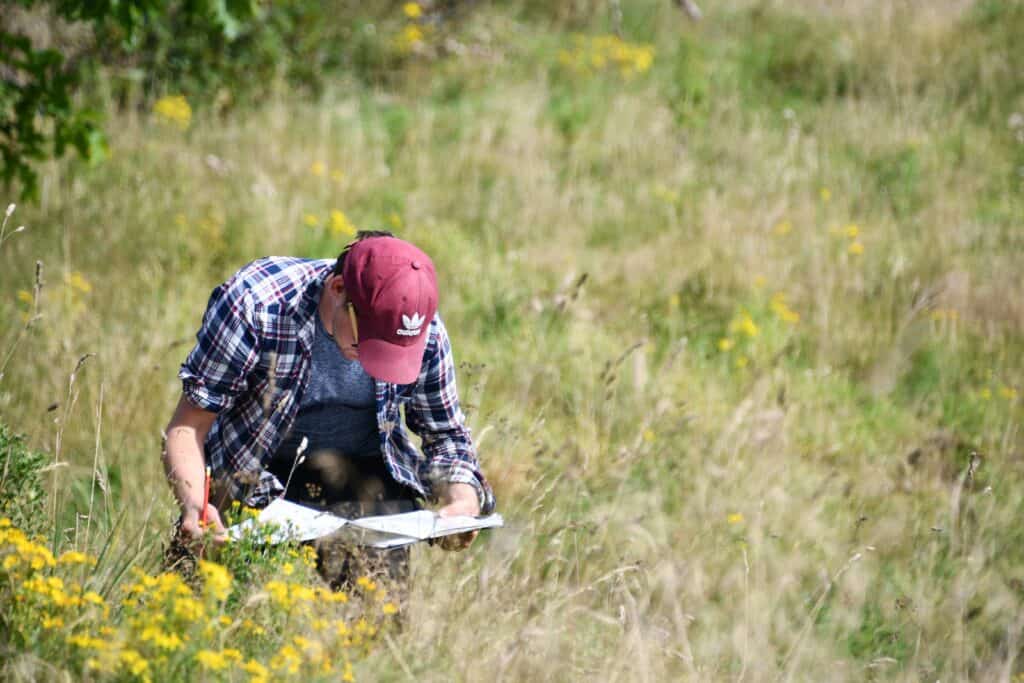
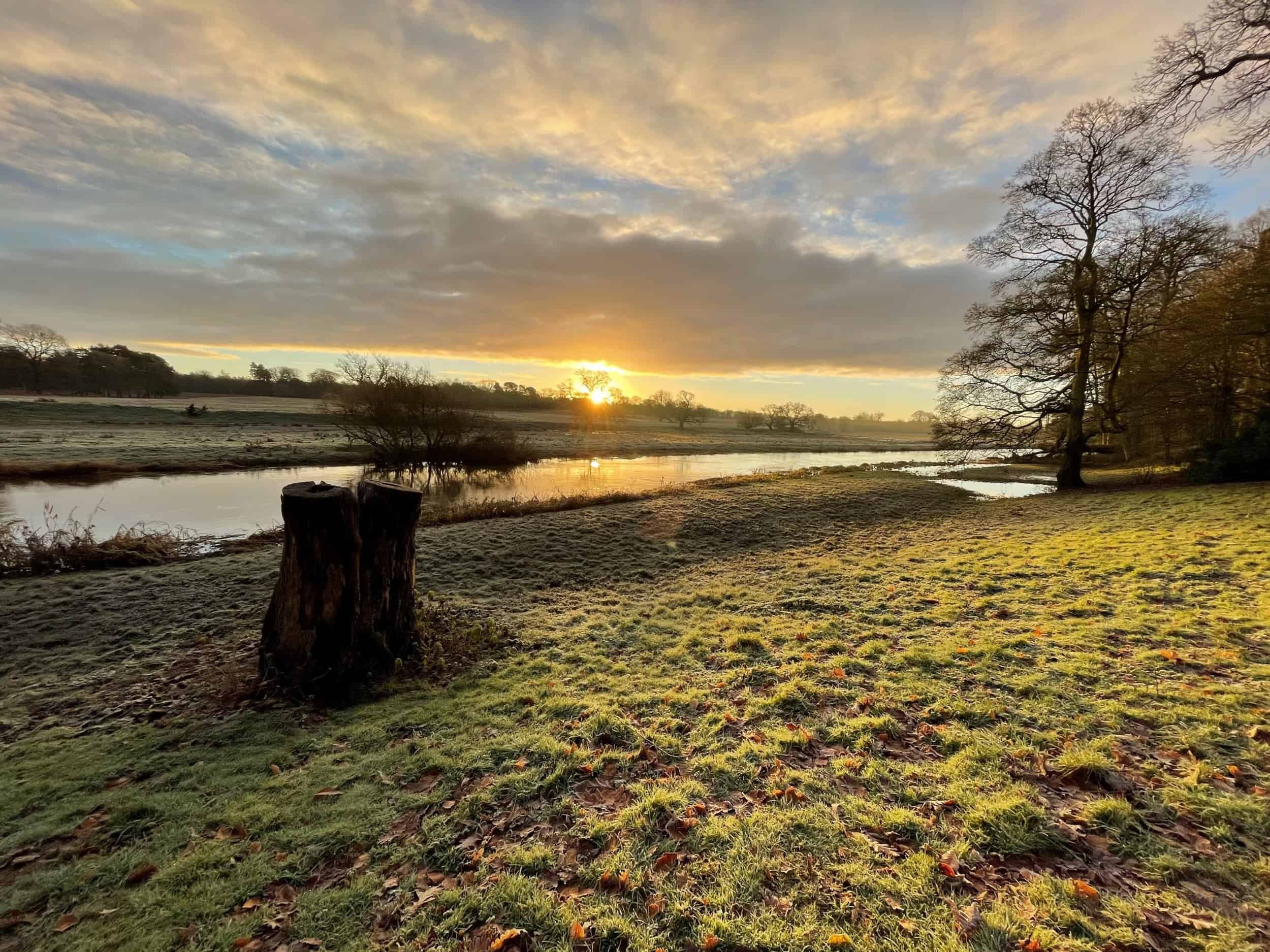
Read More
Expert ecological consultant trainers will lead this course and support you in building your awareness of different habitat types. You will be introduced to basic botanical skills to support habitat surveying, and coding and mapping methodology for grasslands and woodlands will be demonstrated out in the field.
Who Should Attend? – Nature enthusiasts, students, rangers, early career consultants and ecologists.
Knowledge Level – Beginner. Level descriptors can be found on the following web-page: Framework and Course Level Descriptors
Prior Knowledge – No existing knowledge or experience is needed for this course, just a willingness to explore and learn.
By the end of the course, you will be able to:
- Classify various types of habitats using key indicator species
- Display practical surveying skills to undertake surveys
- Understand how these skills are used as part of a career
PLEASE NOTE: There is no accommodation or meal facilities provided with this course. Refreshments (tea and coffee) will be available. If we are unable to reach viable numbers for this course, we will inform you of the course cancellation 4-5 weeks prior to the course run. We would recommend when purchasing accommodation and/or travel you should take out your own insurance.
Bookings will close if course capacity is reached.
Please email [email protected] if you have any questions.
About the Tutor
The tutor will vary with each course run. Please see details provided with the courses date and time you choose.
Laurie Wildwood
Laurie Wildwood is a professional Ecological Consultant and botany tutor who, with his refreshing approach, aims to inspire adults and children to explore and appreciate the natural world. His professional background is in ecology, conservation and habitat management.
Julie Riley
Julie Riley MCIEEM is a Consultant Ecologist with 17 years’ experience of working in the environmental sector, specialising in botany and habitat surveying. Julie has extensive experience of working with and training on JNCC Phase 1 habitat surveying, UKHab surveying and Biodiversity Net Gain work. Julie holds a FISC Level 4 botanical certification and enjoys helping professionals, volunteers and members of the public to improve their plant identification skills.
Jeff Duckett
Jeff Duckett is Emeritus Professor of Botany at Queen Mary University of London and a Research Associate at the Natural History Museum. Following his PhD on Sex Determination in Equisetum he has written over 250 publications on the biology and evolution of ferns and bryophytes. He has run numerous courses for the Field Studies Council at Nettlecombe Court and Preston Montford .
Dr Jackie Symmons
Dr Jackie Symmons is an experienced freelance ecologist and conservation land management adviser from Mid Wales. She has an extensive background in delivering conservation field research and training from wild deer impacts to marine and terrestrial environment habitat surveys. She is also currently working in the area of natural resource resilience and climate change mitigation.
Sharon Brown
Sharon Brown is a botanist–geographer currently working as an independent ecologist with habitat assessment and management as a main area of expertise. Over time she has also worked for the Nature Conservancy Council, Scottish Rangering, Wildlife Trusts and latterly as an associate tutor for the Field Studies Council. As a naturalist she has a fascination for wild places, as well as the wild in more urban settings and an enthusiasm for passing this to others through practical application.
Example Timetable
Timings of this course vary between locations, so please carefully check the times on the course run (the section where you can add the course to your basket towards the bottom of this page). There will be a one-hour lunch break during the day. Lunch is not included so please bring your own food. Refreshments (tea and coffee) will be provided.
What's Included
The course has been carefully created by expert tutors and educators to help you continue to build and develop your knowledge and apply it within the field surrounded by like-minded individuals.
The course includes:
- Classroom learning covering the theory of the species
- Field excursions to apply new knowledge
- Expert tuition for which the Field Studies Council is renowned
- Clear objectives and progression
- Refreshments (tea and coffee)
You can rest assured that the absolute best content from an expert in environmental education will be provided. In choosing a Field Studies Council course, you will be joining thousands of people who learn with us each year.
Bursaries and Subsidies
Student Discount
This course is eligible for a student discount. If you are a current student, please use discount code BioStudent20 at checkout for 20% off all Biodiversity courses.
Natural History Bursaries
There are a number of natural history bursaries available to help with the cost of your course. To find out if you and your chosen course are eligible, find out more here.
Before You Attend
What to bring
- Please bring a clipboard / weather writer
- Desirable to bring any personal field equipment you have such as a hand lens, notebook and pencil, botanical ID guide, binoculars and Tupperware/plastic bags for collecting specimens.
- Suitable clothing for the weather and being outdoors - much of the afternoon will be spent outdoors in grassland and woodland.
Recommended Field Studies Council publications
When you book this course, you will receive a discount code for any of the Field Studies Council recommended guides below.
- Flowers of walks and waysides
- Tree name trail
- Grasses guide
- Hedgerows guide
- Phase 1 survey guide: Grassland and marsh
- Playing field plants guide
- Woodland plants guide
- Grassland plants 1 guide
- Describing flowers
There will be a member of staff with first aid training and access to a first aid kit on site. If you have special medical or access requirements, please let us know as soon as possible so we can plan the course.
Opportunities to attend this course
-
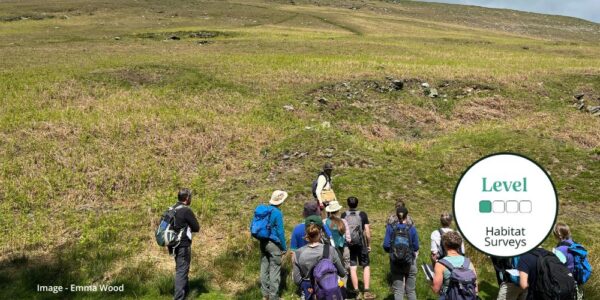
Wed 08, May 2024 10:00 - 17:00
The venue is unable to offer accommodation with this course, please book local accommodation if you require overnight stays and ensure you take out the appropriate insurance.
Sorry this course is out of stock
-

Sat 11, May 2024 10:00 - 17:00
The venue is unable to offer accommodation with this course, please book local accommodation if you require overnight stays and ensure you take out the appropriate insurance.
-

Sun 12, May 2024 10:00 - 17:00
The venue is unable to offer accommodation with this course, please book local accommodation if you require overnight stays and ensure you take out the appropriate insurance.
-

Tue 04, June 2024 10:00 - 17:00
The venue is unable to offer accommodation with this course, please book local accommodation if you require overnight stays and ensure you take out the appropriate insurance. Please meet at the Bute Park visitor centre, there are instructions of how to get there on their website. There is no car park at Bute Park - nearest pay and display: Castle Mews, Sophia Gardens and North Road Car Park.
-

Sat 15, June 2024 09:30 - 16:30
The venue is unable to offer accommodation with this course, please book local accommodation if you require overnight stays and ensure you take out the appropriate insurance. Please Note: Course timings are 9:30 to 16:30 for this course. You will need your own transport to drive to the nearby field site.
No current dates for this course? Click here to view all the upcoming Natural History courses.
Progress Your Learning
This is a training course from the Field Studies Council, delivered by expert tutors with an approachable learning style. After attending this course, you may like to progress your learning with further relevant courses or branch out into other areas of natural history. The Field Studies Council offers both online and in-person courses, so you can choose the learning style that suits you best.
The course gives you the opportunity to immerse yourself in a new subject and acquire novel skills. Our online portal gives you time to study at your own pace and fit the lessons around your own schedule.
If you have any questions about our courses please check our Frequently Asked Questions or email [email protected].
Group Bookings Made Easy
If you have a group of 10 or more individuals wanting to complete one of our courses, our team are available to discuss your options – from discounts to private team courses. Find out more!
You can rest assured that the absolute best content from an expert in environmental education will be at your fingertips. In choosing a Field Studies Council course, you will be joining thousands of people who learn with us each year.

